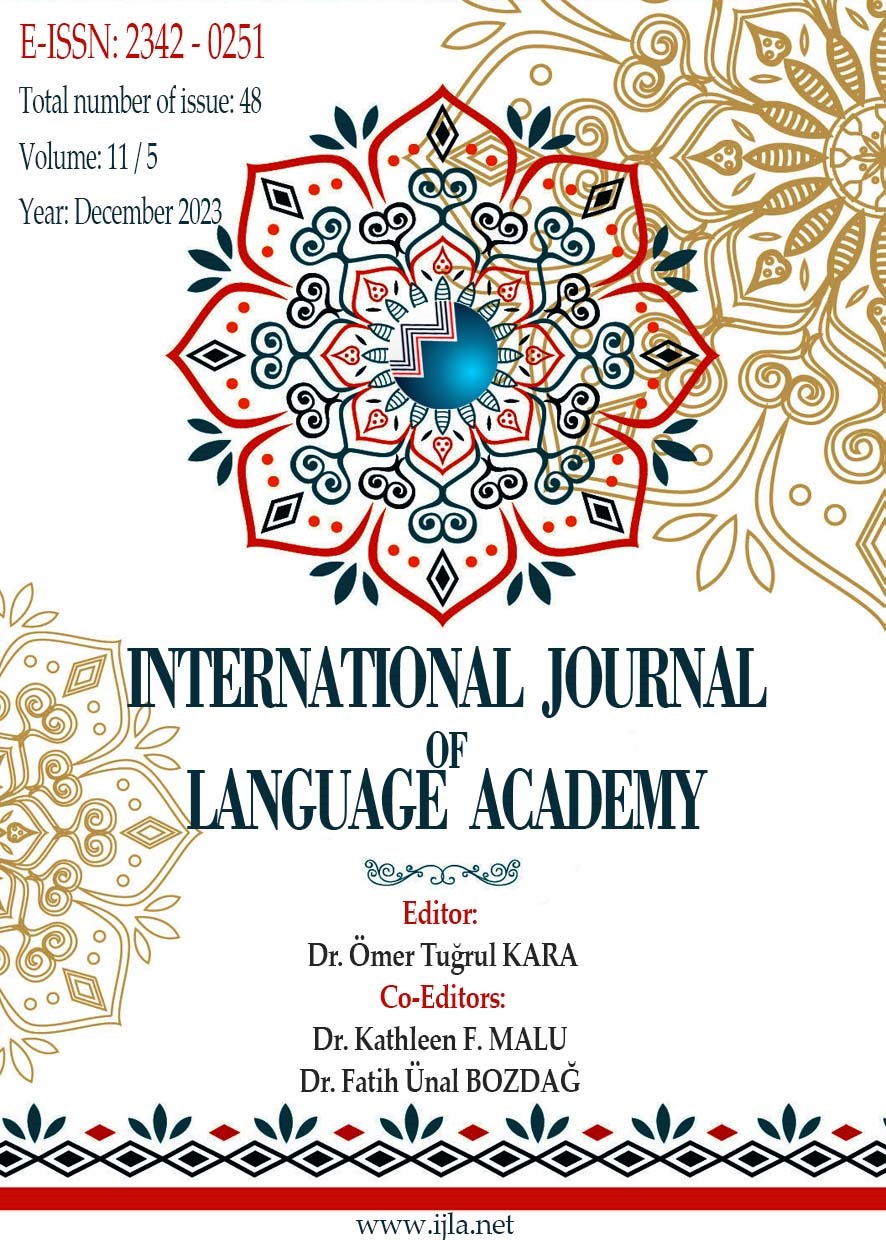Author :
Abstract
Keywords
Abstract
This article examines the growing trends and conditions for the effective introduction of feminitives into some European languages in several countries, including Belarus, Poland, and France among others. Linguists, who are against the use of feminitives often claim that they are redundant and violate the grammatical rules of the language. They argue that the use of gender-neutral nouns and adjectives is sufficient, and that feminitives unnecessarily complicate the language. The paper highlights the efforts of the modern feminist movement and the gender approach in linguistics to promote linguistic equality by overcoming gender asymmetry in language use. It is argues that while the issue of language feminization is crucial for many languages, the peculiarities and uniqueness of noun gender distribution in different languages demonstrate that the category of gender is a specified generalized cultural experience of previous generations. Nevertheless, many occupational nouns lack female counterparts, which leads to the use of male nouns to refer to women. Thus, there is a conclusion that the category of masculine gender in some languages primarily reflects the idea of a person, rather than the idea of gender. As a result, language use can perpetuate gender stereotypes, bias, and inequality. Feminist linguists and language activists argue that language must be feminized to promote gender equality and eliminate gender asymmetry in language use.





